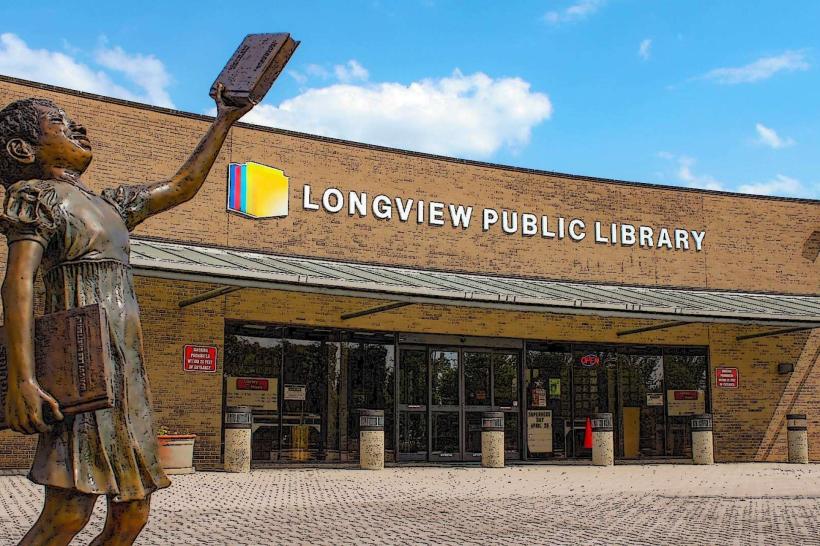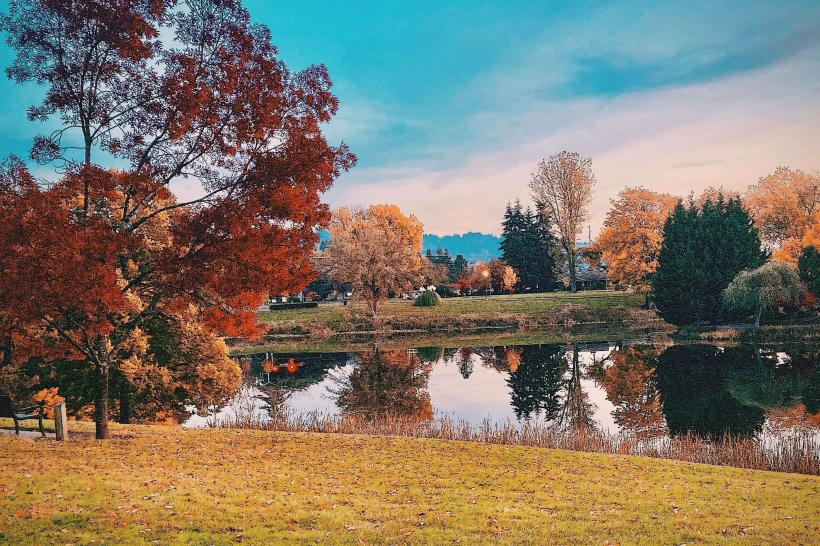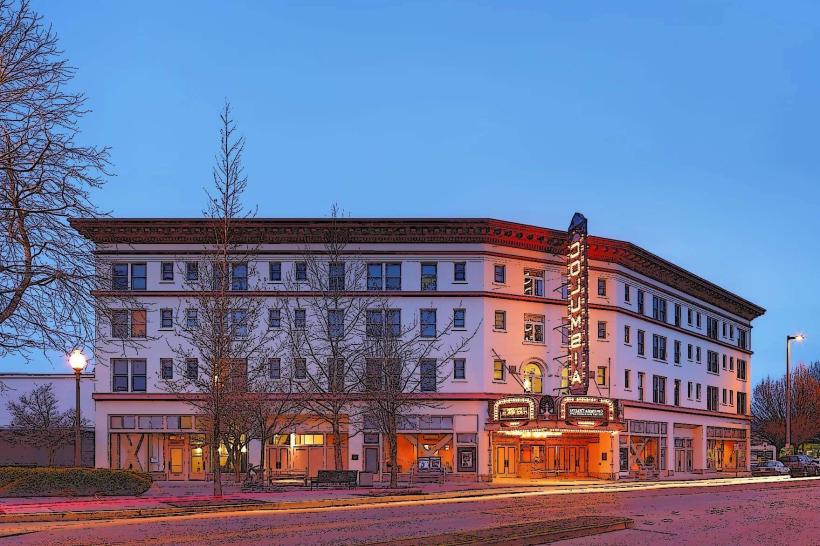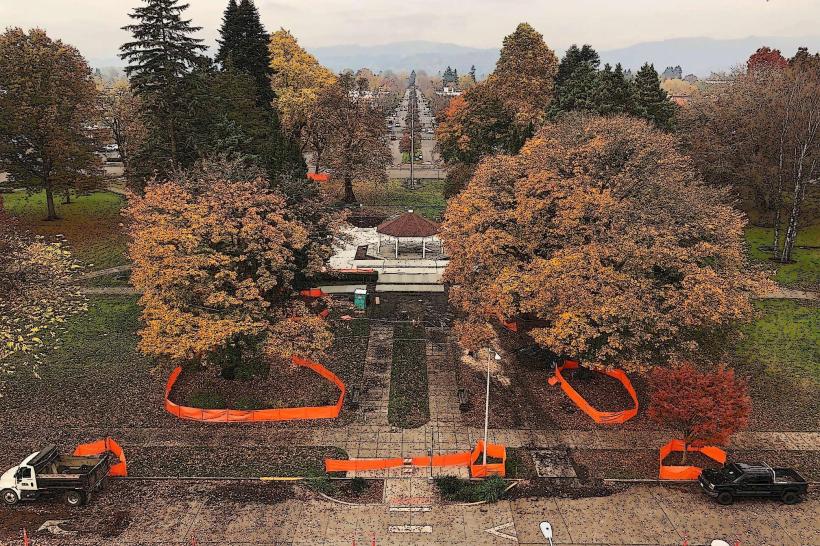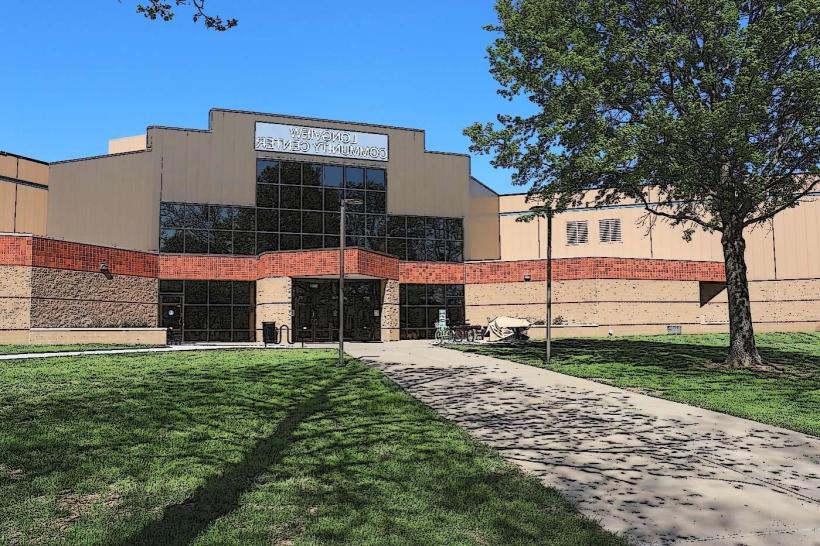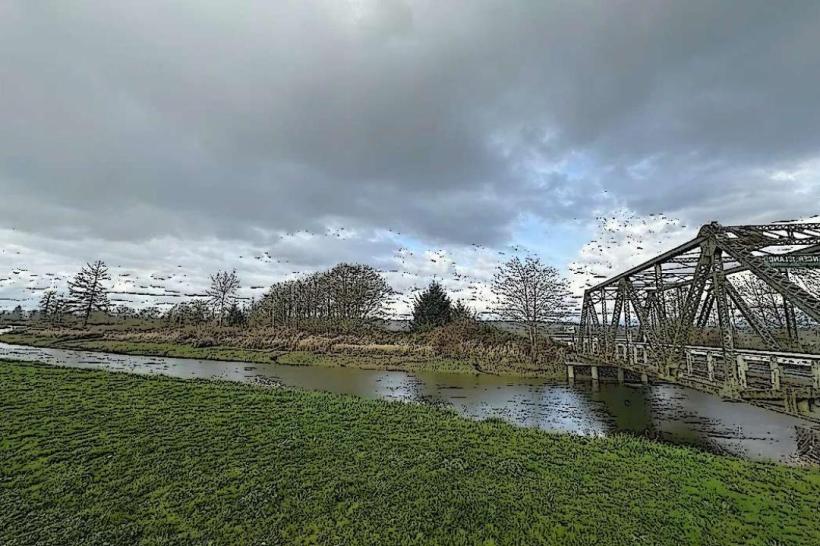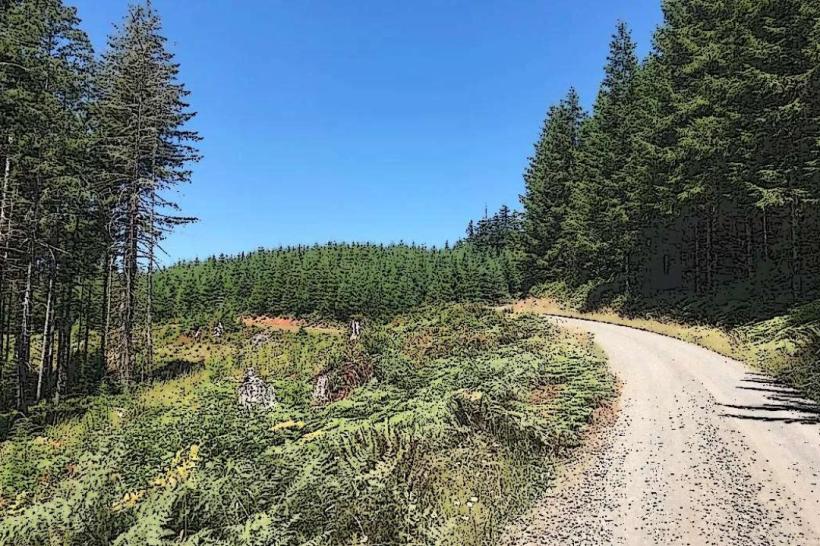Information
Landmark: Cowlitz County Historical MuseumCity: Longview
Country: USA Washington
Continent: North America
Cowlitz County Historical Museum, Longview, USA Washington, North America
The Cowlitz County Historical Museum, located at 405 Allen Street in Kelso, Washington, is a premier institution dedicated to preserving, interpreting, and celebrating the rich and diverse history of Cowlitz County and the surrounding region. It serves as a cultural hub, offering a deep dive into the area's Indigenous heritage, pioneer settlement, industrial growth, and contemporary community life through a broad spectrum of artifacts, archival materials, and educational programs.
Historical Background and Mission
Founded as a collaborative effort between Cowlitz County government and the Cowlitz County Historical Society, the museum’s mission centers on collecting, safeguarding, and sharing tangible and intangible elements of local heritage. With a collection exceeding 35,000 artifacts and nearly one million archival images, it stands as a vital resource for historians, genealogists, educators, and the general public interested in understanding the evolution of the region from its earliest days through modern times.
The museum operates as a public-private partnership, ensuring sustainability through county support and private donations, while maintaining a strong community orientation.
Location and Facilities
Situated in downtown Kelso, the museum occupies a thoughtfully designed space that facilitates both permanent and rotating exhibits. The layout encourages visitors to engage with history through immersive displays, interactive multimedia, and carefully curated collections. The building provides accessibility features such as ramps and wide pathways to accommodate visitors with mobility challenges.
Exhibits and Collections
Permanent Exhibit: "Cowlitz Encounters"
This flagship exhibit provides an immersive, multi-sensory experience exploring the cultural and natural history of Cowlitz County. It offers a timeline of the region’s story, blending Indigenous narratives, pioneer settlement, and industrial development.
Railroad Artifacts: Central to the exhibit are the Shay locomotive and Mikado steam engine, powerful symbols of the county’s vital role in railroad expansion and timber transport.
Flood History: Archival film footage documents significant flooding events in 1933, 1948, and 1996, revealing the challenges and resilience of the local community.
Industrial Heritage: Artifacts from major mills such as Longview Fibre and Weyerhaeuser provide insight into the timber industry’s economic impact.
Personal Stories: The exhibit includes intimate items like Hulda Klager’s dress and a teacup that survived the devastating 1902 Yacolt fire, connecting visitors emotionally to the past.
Rotating and Special Exhibits
The museum regularly updates exhibits to showcase different historical themes, reflecting ongoing research and community interests. Examples include:
"1923: The Year That Changed Cowlitz County History" - A look at pivotal political, social, and economic events.
"Memories of a Lost Landscape: Spirit Lake Before the Eruption" - Documenting life and the environment prior to the catastrophic Mount St. Helens eruption in 1980.
"Votes for Women: Celebrating a Century of Women’s Suffrage" - Highlighting local women’s contributions to the suffrage movement and political progress.
Research and Educational Resources
The museum maintains extensive archives including photographs, maps, oral histories, newspapers, and genealogical records, accessible to researchers and visitors by appointment or during open hours. This wealth of material supports academic research, school projects, and personal genealogy.
Educational outreach is a cornerstone, with programs designed for school groups, community organizations, and families. Interactive presentations, guided tours, and special events promote active learning and connection to local heritage.
Community Engagement and Events
The museum functions as a dynamic community space hosting numerous events throughout the year:
First Thursday Speaker Series: Monthly talks featuring historians, authors, and community leaders discussing varied historical topics pertinent to Cowlitz County.
Winterfest: An annual family-friendly holiday event with traditional crafts, music, and seasonal activities.
Squirrel Fest: Part of a larger local cultural festival, the museum contributes hands-on historical activities, connecting the public with the region’s past in an entertaining and educational manner.
These events foster community identity, cultural awareness, and intergenerational dialogue.
Visitor Information and Amenities
Operating Hours: Tuesday through Saturday, from 10:00 AM to 4:00 PM.
Admission: Free, encouraging broad public access.
Facilities: The museum includes restrooms, a gift shop offering books and local historical memorabilia, and spaces for small group meetings or events.
Accessibility: The building is wheelchair accessible and offers accommodations for visitors with disabilities.
Museum Store and Publications
The museum’s store features a curated selection of books and publications focusing on the history of Cowlitz County and the Pacific Northwest. Noteworthy titles include:
They Came to Six Rivers: The Story of Cowlitz County by Virginia Urrutia, a comprehensive local history.
Longview by Dennis Weber, detailing the planned city’s unique origins.
Kelso by George R. Miller and William R. Watson, documenting the town’s development and heritage.
These resources provide visitors with the opportunity to extend their learning beyond the museum visit.
Significance
The Cowlitz County Historical Museum plays a crucial role in preserving regional identity by safeguarding artifacts and stories that might otherwise be lost. Its careful blend of permanent and rotating exhibits, educational programs, and community events ensures history remains a living part of public consciousness.
By providing access to rich archival collections and engaging interpretive experiences, the museum supports historical scholarship, promotes cultural appreciation, and encourages community pride, making it an indispensable institution within the fabric of Cowlitz County.

